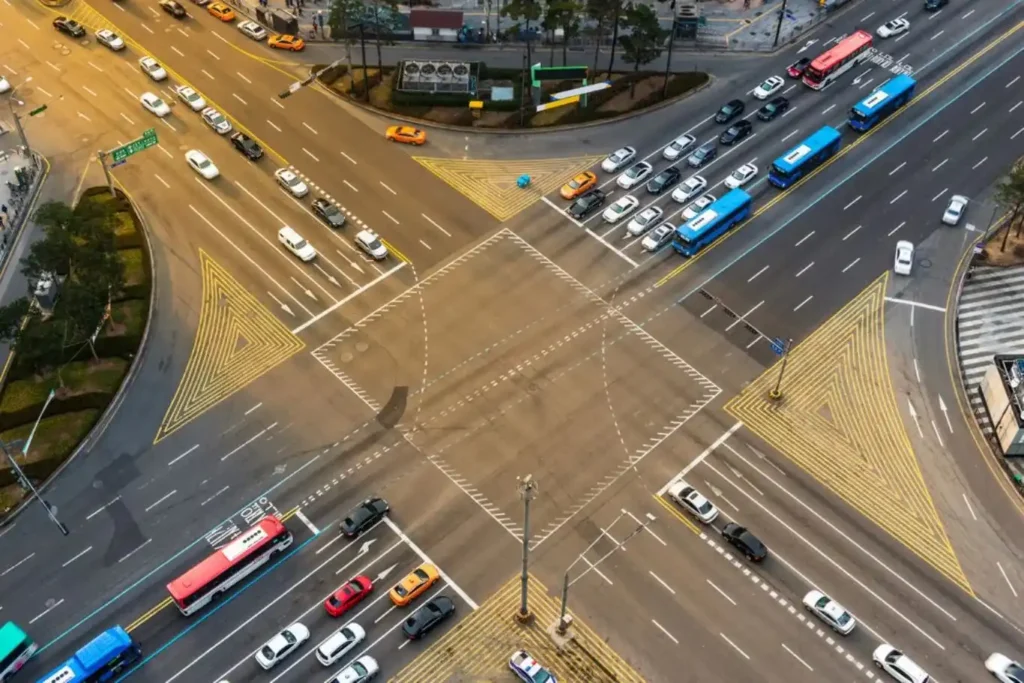In a world where globalization has permeated various aspects of our lives, preserving and celebrating cultural diversity has become crucial. Indigenisation, a term often used in the context of socio-economic and cultural development, plays a vital role in safeguarding the identity and heritage of indigenous communities. In this blog post, we will explore the meaning of indigenisation and its significance in empowering cultural identity. From understanding the concept to delving into its impact on indigenous communities, we will navigate through the intricacies of indigenisation.
Defining Indigenisation
Indigenisation, also referred to as indigenization, is a process that seeks to reclaim, revitalize, and empower the cultural identity of indigenous communities. It involves recognizing and valuing traditional practices, languages, knowledge systems, and worldviews that have been historically marginalized or overshadowed by dominant cultures. The term “indigenization” can be used interchangeably with “indigenisation,” as both words denote the same concept.
At its core, indigenisation strives to restore and maintain the dignity and autonomy of indigenous peoples. It rejects assimilationist approaches and instead fosters self-determination, cultural resilience, and equitable participation in decision-making processes. Through indigenisation, communities can assert control over their own narratives, assert their rights, and regain a sense of pride in their heritage.

The Impact of Indigenisation
Indigenisation carries immense significance, particularly for indigenous communities that have experienced historical injustices, colonialism, and cultural erasure. This process empowers these communities to reclaim their unique cultural practices, languages, and knowledge systems, ultimately revitalizing their collective identity.
One of the key benefits of indigenisation is the preservation of cultural heritage. By nurturing and promoting traditional practices, languages, and rituals, indigenous communities can ensure the transmission of their knowledge and traditions to future generations. This not only strengthens their sense of belonging but also enriches the wider cultural fabric of society.
Furthermore, indigenisation promotes social and economic empowerment. By incorporating indigenous perspectives and practices into various sectors, such as education, governance, and economic development, societies can tap into the wealth of indigenous knowledge. This integration fosters inclusive and sustainable development, benefiting both indigenous communities and society as a whole.
Indigenisation also plays a pivotal role in reconciling historical injustices. Acknowledging and addressing the systemic oppression faced by indigenous peoples is a crucial step towards healing and fostering meaningful relationships between indigenous and non-indigenous populations. Indigenisation initiatives often involve truth-telling, reparations, and collaborative efforts to bridge the gaps created by colonization.
Challenges and Future Prospects
While indigenisation is a powerful tool for reclaiming cultural identity, it is not without its challenges. The legacy of colonization and ongoing systemic inequalities can hinder the progress of indigenisation efforts. Issues such as cultural appropriation, land rights, and limited representation in decision-making processes need to be addressed to create a more equitable environment for indigenous communities.
Moreover, indigenisation requires a comprehensive approach that goes beyond mere tokenism. Genuine engagement and collaboration with indigenous communities are essential to ensure their voices are heard and their rights are respected. Governments, organizations, and individuals must actively support indigenous-led initiatives, providing the necessary resources and platforms for indigenisation to thrive.
Looking ahead, the future prospects of indigenisation are promising. As awareness grows and the importance of cultural diversity is recognized globally, efforts to indigenize various aspects of society are gaining traction. Education systems are incorporating indigenous knowledge, industries are seeking indigenous partnerships, and policies are being reformed to uphold the rights of indigenous peoples. These initiatives contribute to a more inclusive and just society that values and celebrates indigenous cultures.
Conclusion
Indigenisation holds profound meaning for indigenous communities worldwide, offering an opportunity to restore and celebrate cultural identity. By recognizing the historical injustices and embracing indigenous perspectives, we can foster an inclusive society that respects and empowers all cultures. Indigenisation promotes cultural resilience, social and economic empowerment, and reconciliation. However, it is essential to address the challenges and ensure genuine collaboration to make indigenisation a meaningful and transformative process. By embracing the principles of indigenisation, we can create a world that cherishes diversity, acknowledges the contributions of indigenous peoples, and works towards a future of equality and justice. For more details kindly visit our Website.
